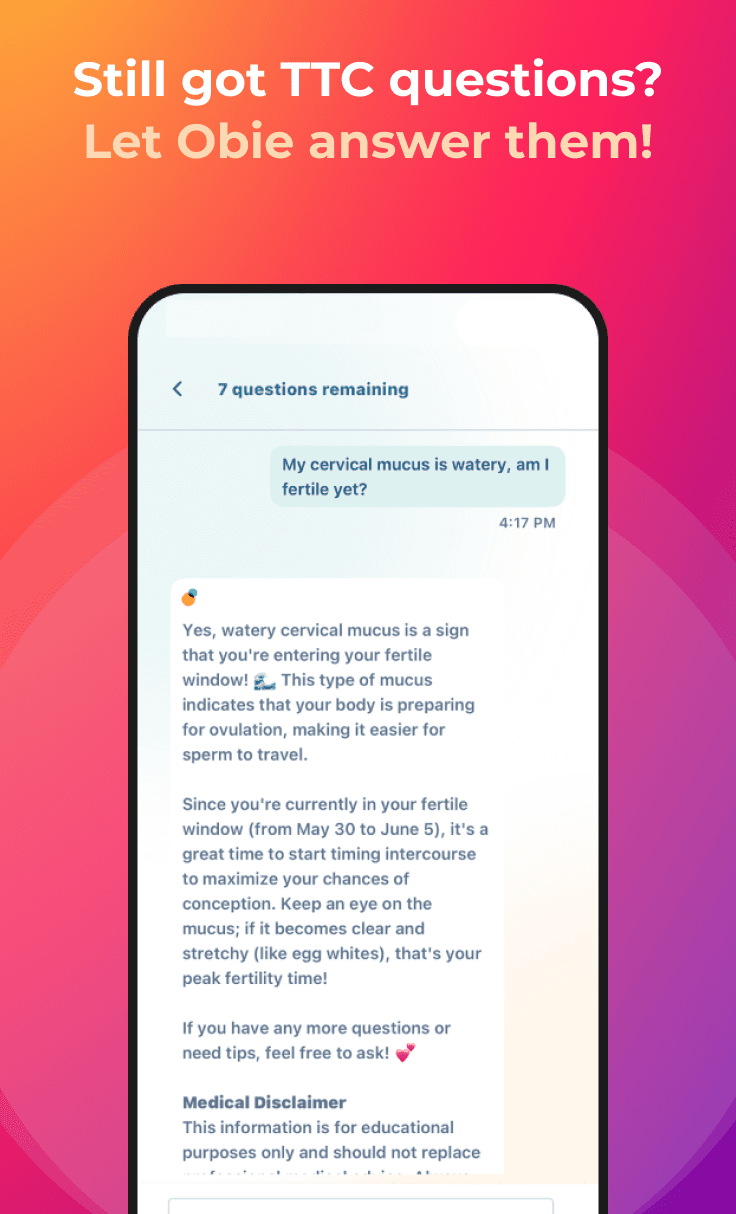Genetic Testing to Prevent Fatal Brain Disease in Children
Fertility and Infertility News
Obie Editorial Team
A 27-year-old woman wanted to have children but she did not want her children
to live as she does, knowing she is genetically inclined to develop a very rare crippling brain disease that usually develops after age 35, is incurable, and always fatal. To safeguard the lifelong health of the children she hoped to bear, the woman turned to in vitro fertilization (IVF) followed by genetic testing to screen the resulting embryos for the genetic mutation that she carries.
It worked. She’s now the mother of twins who have no chance of developing the disease.
The story of the woman, who remains unnamed although it is revealed she lives in the United States, is published in the February 3 issue of JAMA Neurology. Her story is unique because it is the first time the preimplantation genetic diagnosis has been used to prevent a prion disease in future generations.
The woman carries the mutation that can lead to Gerstmann-Straussler-Scheinker (GSS) syndrome. The disease is so rare that only a few families worldwide are known to carry the genetic trait. Symptoms of GSS usually start between the ages of 35 and 55 and mark the beginning of a progressive downward decline of the patient’s ability to speak, move, and access memory.
The disease is the result of the abnormal folding of prions (a specific group of protein particles in the brain). Other prion-related diseases include fatal familial insomnia and Creutzfeldt-Jakob disease (CJD). Striking similarities exist between CJD and bovine spongiform encephalopathy (BSE), more commonly known as mad cow disease.
In the case of the woman in question, her husband’s sperm was used to fertilize 12 embryos using IVF. Genetic screening revealed six of the embryos carried the genetic mutation for GSS but the remaining six were free of it. Two of the healthy, GSS-free embryos were implanted in the woman’s uterus and the remaining four are in cryopreservation storage for possible future use.
Both embryo implantations were successful and twins were born via cesarean section at 33 weeks and five days. The preemies’ weight and head circumferences were smaller than desired at birth but they tested normal by 3 months.
Now 2 years old, the twins are healthy, robust babies testing in the normal range for communication skills and emotional and social development.
Source: Rettner, Rachael. “Woman’s IVF Prevented Fatal Brain Disorder in Her Children.” Live Science. Tech Media Network. Feb 3, 2014. Web. Feb 12, 2014
.








